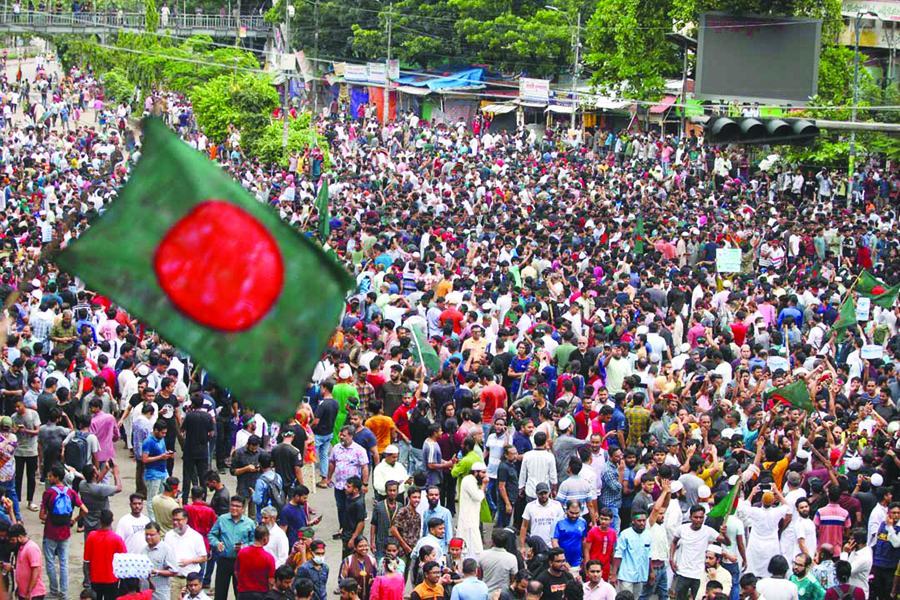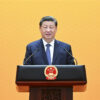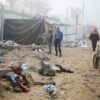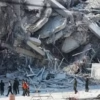United Nations: A new report by the UN Human Rights Office describes the brutal repression of student protests in Bangladesh last year, in which Sheikh Hasina’s former government and a large number of security forces are human. Rights violations have been accused of crimes against humanity.
The report said that between July and August 2024, thousands were injured and 1,400 people were injured, the majority of whom were shot dead by security forces. Among the victims, the report said that 12-13 % were children. UN investigators evidenced that the violence was part of a deliberate and integrated strategy to maintain power between the former government’s widespread opposition.
“This brutal reaction was a calculation and a well -integrated strategy to hold power in view of widespread opposition by the former government,” said Woolker Turk, UN Human Rights Chief Woolker Turk. “There are reasonable grounds to believe that hundreds of immoral casualties, broader discretionary arrests and violence were done under the knowledge, harmony and guidance of political leadership and senior security officials under the strategy to suppress the protest.”
Through a controversial decision by the High Court, the protest came from a controversial decision to restore the quota system for public service jobs. The move, which influenced the backward background of the non -proportional students, gave rise to massive anger and led to a major movement aimed at ousting Hussein’s government. However, the protests were developed as a wider scream against rapidly considered corruption, economic inequality and political oppression, in which protesters demanded significant political reforms.
According to a UN report, security forces deployed extreme violence to end the protests directly, including the use of ammunition. The report has deliberately documented incidents of killings, such as “shoot me” before being killed by police, Abu Syed’s case. Franzic evidence has confirmed that the seed was shot nearly several times.
Women, especially protesting leaders, were specifically targeted, who faced arbitrary arrests, sexual violence and physical attacks in an attempt to prevent them from participating. In addition, the children were not forgiven, some young protesters were killed by firing or indiscriminate use of metal knives. The report included a 12 -year -old protesters in a particularly tragic case, who died of internal bleeding due to more than 200 knives fired by police.
The UN report also highlighted the obstacle to medical care for the injured protesters. Security forces questioned the injured protesters in hospitals, seized CCTV footage, and scared medical staff, probably trying to suppress evidence of the violence.
In addition, as the protests intensified, the former government rapidly lost control of the country, resulting in an increase in retaliation. Violent mobs were targeted by members of the APA party, along with the ruling party, as well as security personnel. Indigenous communities also suffered violence in minority groups, including Hindu, Ahmadiyya Muslim, and Chittagong hills, in which many criminals were not punished.
The UN report calls on the Bangladesh government to fight last year’s atrocities, and emphasize the need for a national process of speaking, healing and accountability. The report calls for immediate reforms in the sectors of security and justice, including the abolition of oppressive laws that have been used to silence disagreement.
“The best way for Bangladesh is to face the horrific mistakes made during this period,” Turkey said. “National fitness and accountability and justice are essential for the future of Bangladesh.”
In response to the report, the interim government, led by Chief Advisor Mohammad Younus, has expressed his willingness to cooperate with international calls for justice, and has promised to make necessary reforms. However, the situation is in stress as Bangladesh has continued to grip last year’s violent crackdown.










